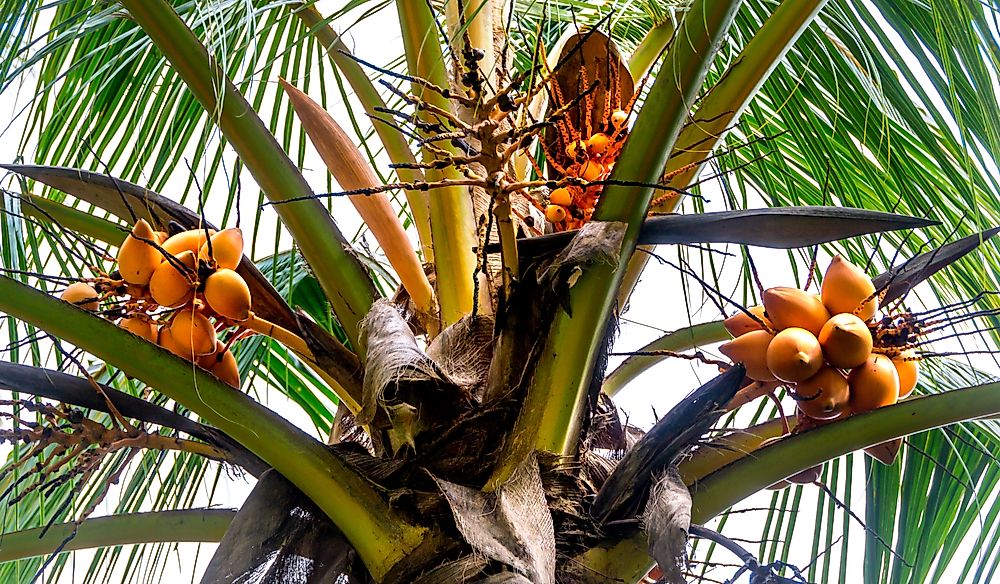
By each focusing on what you are good at, you became more efficient. Friday concentrated most of his time on what he is good at - catching fish. You decided to do what you are good at - gathering coconuts. What has happened? Well, the first thing that happened after the meeting of you and Friday is that you decided to specialize. The above story may seem a little simplistic - it is - but it powerfully illustrates some important topics that we talk about in the field of economics. How has this happened? Is this some kind of magic? As I said before, not quite. So, after meeting, you both have more fish and more coconuts.


After a bit of discussion, you start talking about food, and how much food you get each day. Now, let's suppose that one day, you and Friday meet up for the first time. This is getting a little complicated, so we'll summarize: Friday has gotten into a routine where he fishes for 4 hours a day, catching 12 fish, and he harvests coconuts for 6 hours, getting 12 coconuts per day. It turns out that he can catch a fish in 20 minutes, but it also takes him half an hour to climb a tree and harvest a coconut. Suppose there is a person who happens to go by the name "Friday." He's been on the island a long time and has gotten good at fishing. Now, what if it turns out that you are not alone on this island. If you want more fish, you have to give up some coconuts, and if you want more coconuts, you have to give up some fish, because there are only a certain number of hours in a day, and you can't make more daylight! This gives you 7 fish and 6 coconuts per day. After a few weeks on the island you settle on a balance whereby you spend 7 hours a day catching fish and 3 hours harvesting coconuts. You could also do a bit of both: maybe spend 8 hours fishing and 2 hours getting coconuts, which would give you 8 fish and 4 coconuts. So, in 10 hours you can catch 10 fish, or you can gather 20 coconuts. It takes you one hour to catch a fish, and climbing a tree to get a coconut takes half an hour. You need to divide your day between gathering coconuts and catching fish, since a diet of just one or the other is not healthy. We can assume, for the time being, that all of your day is taken up doing one of these two things. If you wish to survive, you spend all of the available daylight trying to catch fish or harvest coconuts from the palm trees.

There are two things you can eat on this island: coconuts and fish. I am tempted to start the course by trying to say "what economics is" and so on, but it is perhaps easiest to start with a simple illustration.


 0 kommentar(er)
0 kommentar(er)
